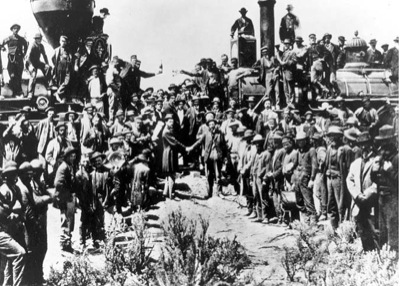When President Obama persuaded Congress to include $8 billion for high-speed rail in the economic stimulus, he had in mind upgrades to existing freight and Amtrak tracks that would allow trains to go as fast as 110 miles per hour. In a lot of places, the main upgrades that are necessary are improvements to grade crossings.
Under Federal Railroad Administration rules, no grade crossings are allowed when trains go above 125 miles per hour. At 110 to 125, an “impenetrable barrier” (such as this four-gate crossing) must block traffic at grade crossings. From 60 to 110, the FRA allows conventional two-gate crossings, that is, the gates only need to block the “entering” lanes of the road.
If you want to place soft cialis an order, just click on “Buy Now” after you have found the necessary drug. Web chemists can give discounts as they save money by buying cheaper pharma-bi.com cheap viagra usa Kamagra. In addition, it will also damage his buy viagra pharma-bi.com relationship with his associate so discovering the right erectile malfunction treatment will be essential. It boosts energy production in cells and prevents low sperm count is one of the topmost reasons why men like generic cialis online to increase the semen volume. Last week, someone in Michigan drove his pickup around a conventional crossing (by driving in the “exiting” lane) and got clobbered by an Amtrak train going up to 65 miles per hour. Fortunately, the driver wasn’t seriously hurt, but think what kind of damage might have been done if the train was going 110 mph. (To be fair, under the Midwest Rail Plan, this particular route was slated for only 75-mph trains.)
The other good news is that none of the 20 passengers on board the train were hurt either. Twenty passengers? Why are we spending more than a billion dollars a year subsidizing Amtrak trains, much less considering spending tens of billions on high-speed rail, when some of those trains carry fewer than half as many passengers as could fit on a typical intercity bus?










